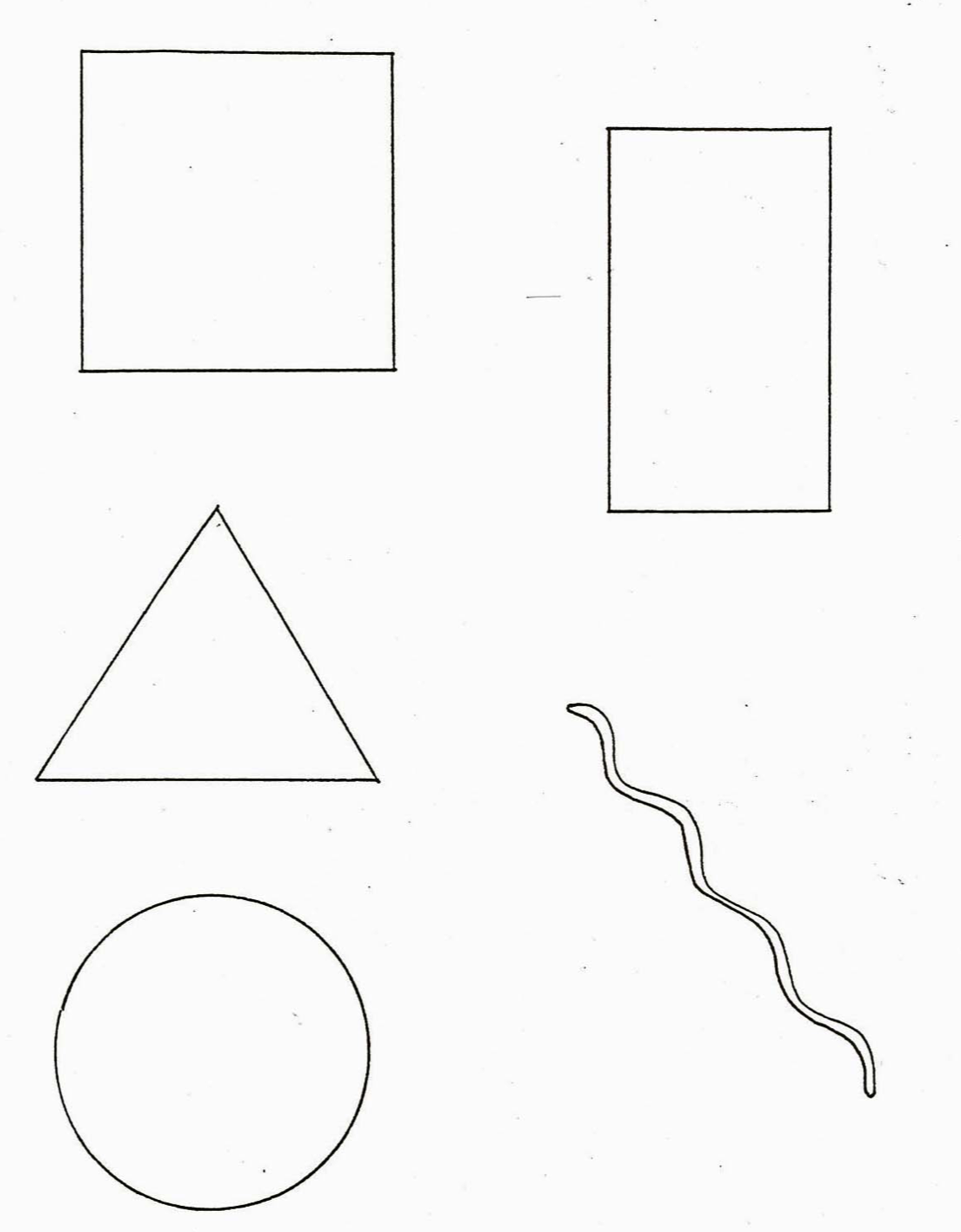Years ago, I stumbled upon this personality test for screening prospective “white-collar” employees. Even though we found it incredibly accurate, you shouldn’t implement it unless your labor attorney confirms it’s not in violation of labor laws.
When we first started using it, we still wasted a lot of time interviewing candidates. Our laborious interview process included describing the job, asking and answering lots of questions, and giving a tour of our facility. At the very end if we were going to make an offer, we administered the test. Of course, if the interview went well, we ignored negative test results and hired the person anyway. Over time, though, we saw a direct relationship between bad test results and new hires whom we ended up letting go.
The last and final time we ignored the test results happened after we hired a young lady as an administrator. She was super intelligent, highly motivated, had excellent communication and computer skills, and had good experience. However, the shape personality test identified her as a person who would not listen or follow instructions. We assumed the test was wrong—because we liked her so much—and offered her the job. By the end of her first week of employment, we were so glad we did. She was a quick learner; her work was exceptional and exceeded our expectations.
At the end of her second week, though, we noticed a few minor incidents that concerned us. She started questioning the procedures she was supposed to follow and wanted to know why she had to do her job the way we trained her. By the fourth week, her complaining and arguing got so bad that we had to fire her. That meant we had to start the interview process and subsequent training all over again. The only silver lining was that it validated the shape personality test results. In time we found the test was so reliable that we eventually administered it during the first five minutes of every interview. If an applicant “failed” the shape test, we apologized and ended the interview.
Would you like to learn more about the shape test? Okay, let’s pretend I’m interviewing you. If I were, I’d place the shape test in front of you and say, “This is a ‘game’ to calm and relax you before we start the interview. There are no right or wrong answers—it’s just fun to see what you like and dislike. As you can see there are five shapes: square, triangle, circle, rectangle, and a squiggle.” (Be sure to call it a squiggle and not a snake—most people don’t like snakes.)
I would go on to say, “Without thinking, pondering, or analyzing, pick your favorite shape. Now pick your second favorite shape. Which one do you like the best? Which one is your second choice?”
That’s it. That’s the test we gave at the beginning of every interview. For fun, you can shape test your spouse, friend, or significant other—but you need to disarm them by assuring them that there are no right or wrong answers. Otherwise, they’ll try to second guess the “correct” answers and invalidate the test results. The first choice is the dominant personality trait; the second choice is strong, too, but not dominant.
Good luck to you—here are the test results:
Square: These are people who like to follow procedures and rules. They thrive in a highly structured environment. (They make good bookkeepers.)
Triangle: These are people who like power and have a backbone and spine and not afraid to make tough decisions. (They make good managers, CEOs and presidents.)
Circle: These are people who like people and like to interact with other people; outgoing and like to talk a lot. (They make good sales people and customer service representatives. You would not want a bookkeeper to be a circle because he or she would want to talk to his or her fellow employees too much and not meet deadlines.)
Rectangle: These are people who are in transition or are making a change in life and, therefore, can be any one of the other shapes. They are wild cards because you don’t know who they are. (Examples could include someone getting a divorce, changing careers, or graduating from school. They may not know what they want to do in life.)
Squiggle: This is who I am. I am a “double Squiggle.” These are people who we would nothire at our company! They are typically very creative—that’s good—often referred to as “outside the box.” The problem is they don’t like to follow the rules and are, therefore, difficult to manage. They have extreme self-confidence and very high self-esteem. They question everything and want to know “Why do we have to do it that way?” Remember the administrator example in this article? She was a Squiggle and a Triangle—the worst combination.
As a double Squiggle, I’m totally unmanageable. When I took this test, I didn’t care about the rules. Since I didn’t like any other shape except the Squiggle, I chose it for my first and second choice—not acceptable!
Squiggles are risk takers and are good at marketing and advertising—not a fit at my moving company.
Karma—“What goes around…” My wife is a Triangle and a Squiggle. Every day whenever I go into the kitchen, she asks, “What are you eating now? I thought you were trying to lose weight.” When she’s not asking me that question, she inquires at least several times a day, “What are you doing now?”

(I know she looks sweet, but…)
Be sure to join our Group at https://www.linkedin.com/groups/12060567
For more information on our online office moving training, please visit
https://www.officemoves.com/training/index.html or call Ed Katz at 404.358.2172.










